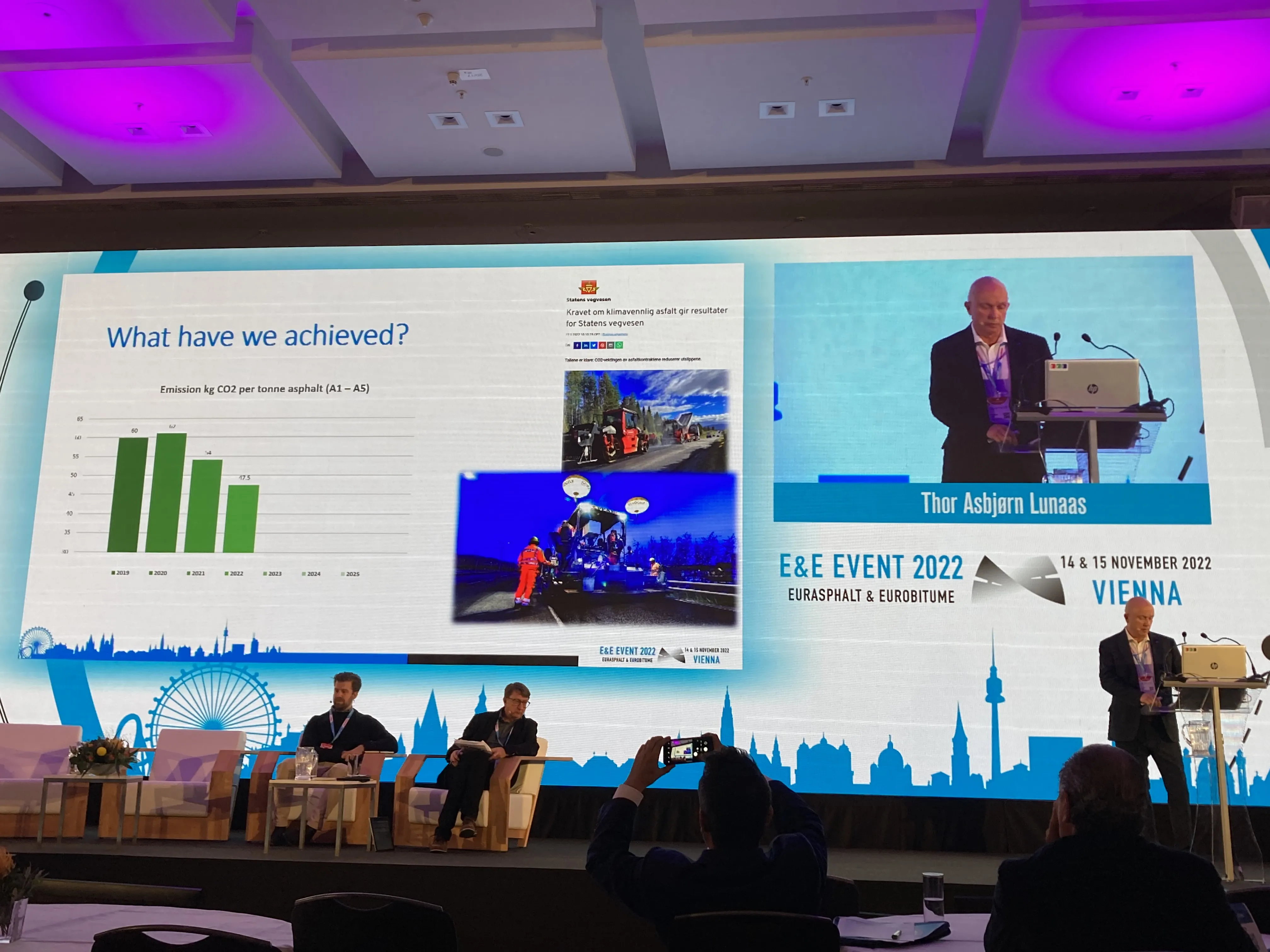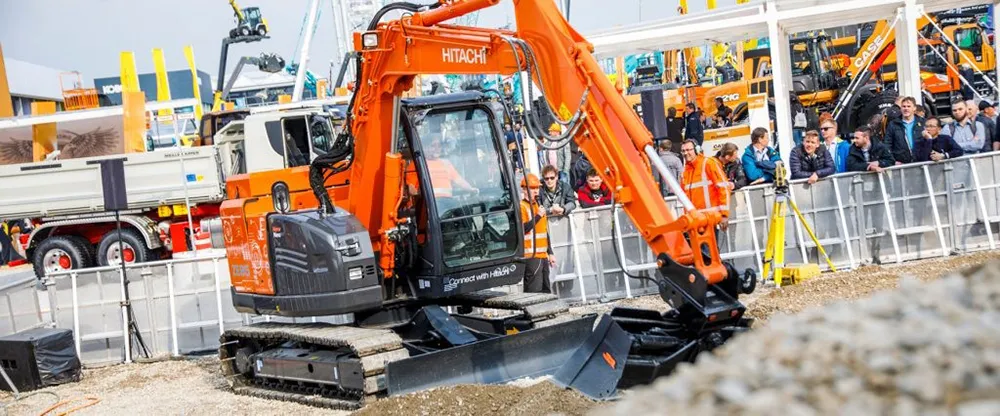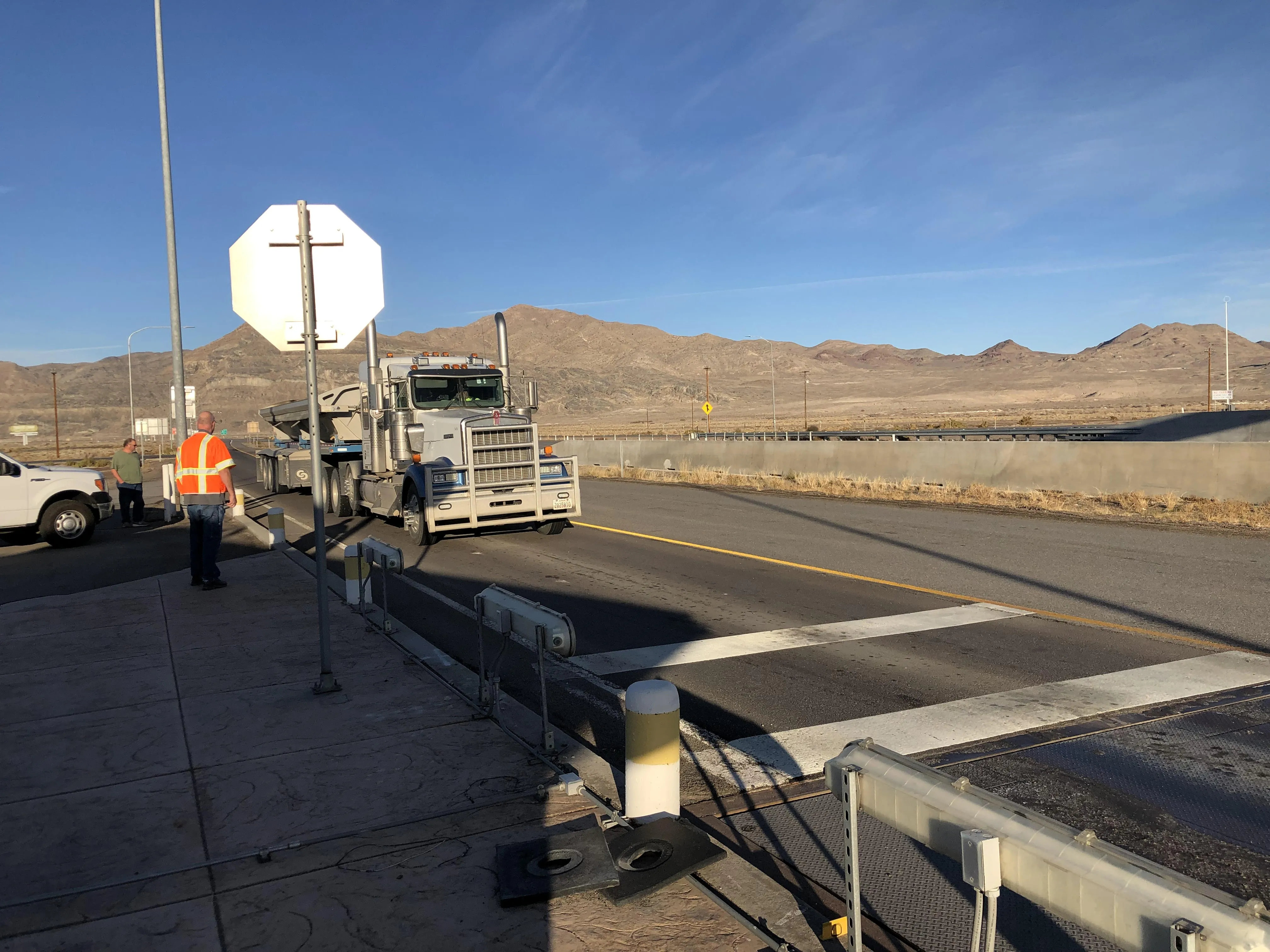Japanese manufacturer Mitsubishi Motors has aided in a pilot study using an electric vehicle to power traffic lights.
March 15, 2012
Read time: 1 min
Japanese manufacturer 3055 Mitsubishi Motors has aided in a pilot study using an electric vehicle to power traffic lights. The trial was carried out in partnership between Mitsubishi and the 2343 National Police Agency. The i-MiEV electric vehicle was modified so that it could be used as a power source for the traffic lights. The electric vehicle was attached to the traffic lights through charging equipment for electric currents. A total of 20 lights were powered for some 120 minutes. The initiative is aimed to prepare for a blackout in the event of a disaster that causes a failure of the electricity grid.









